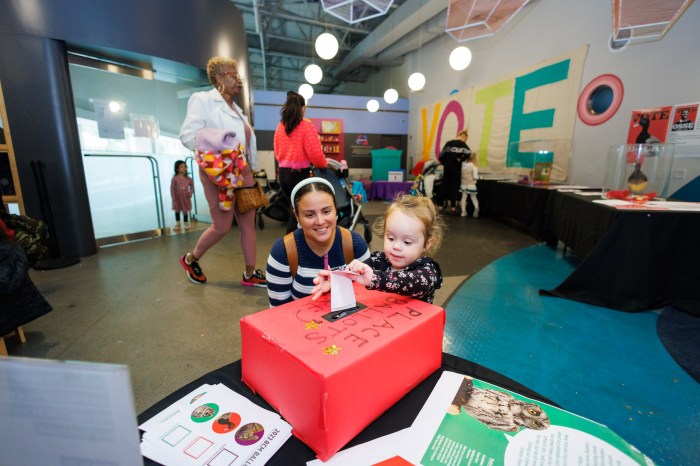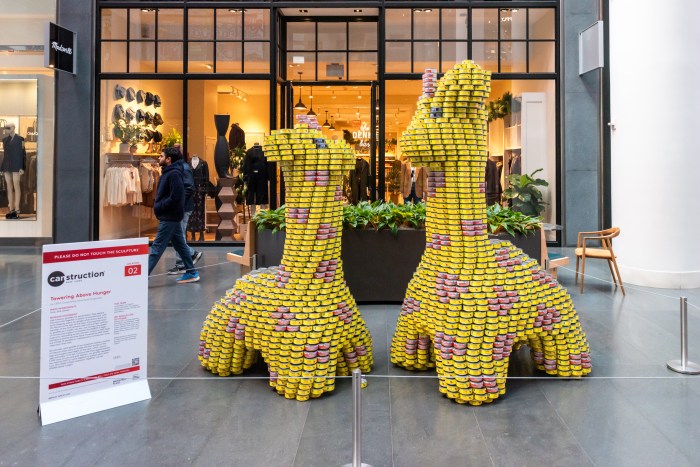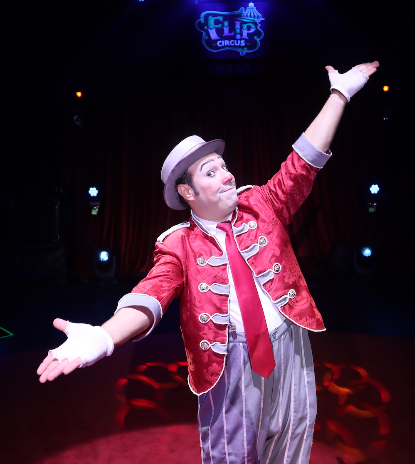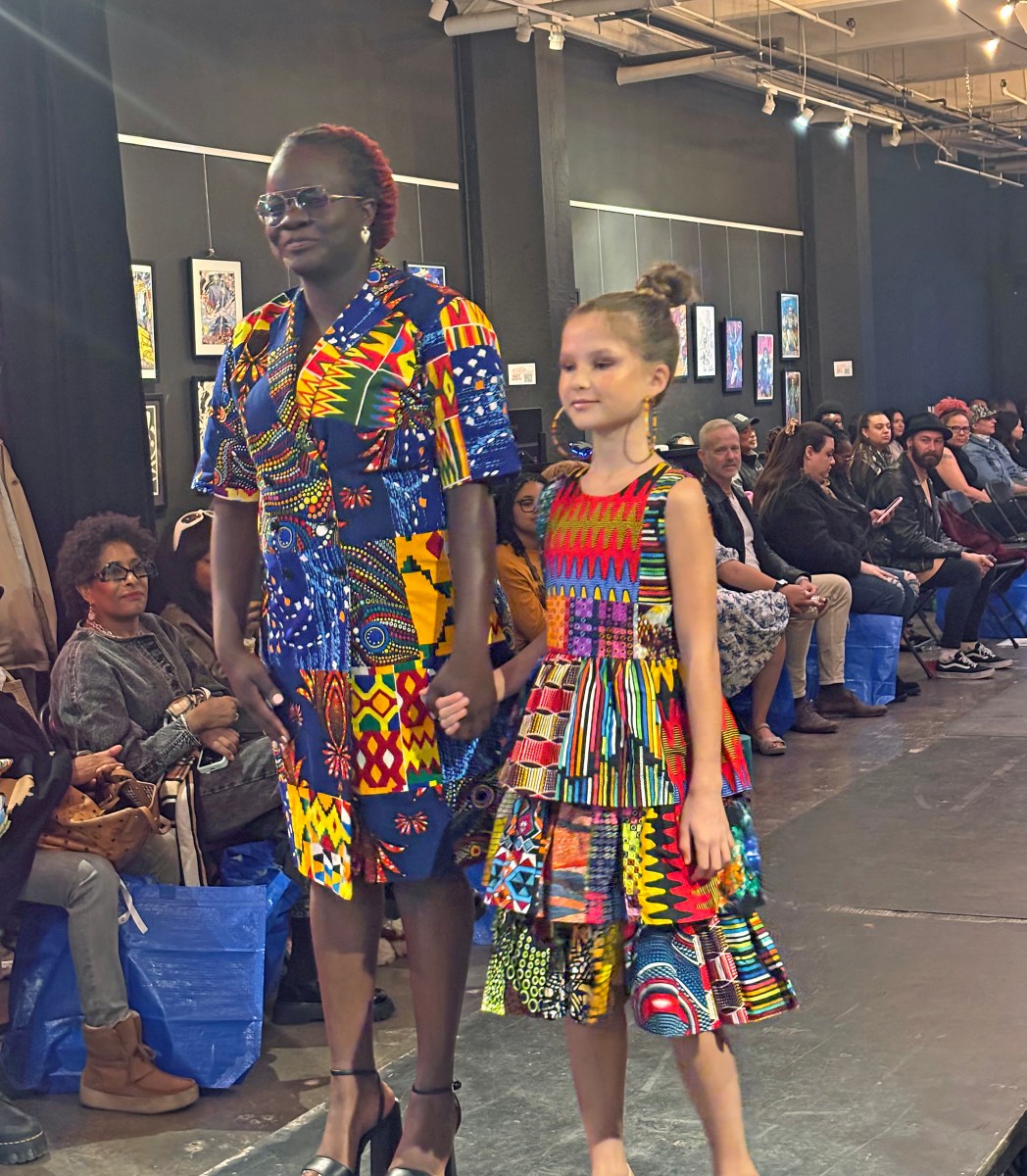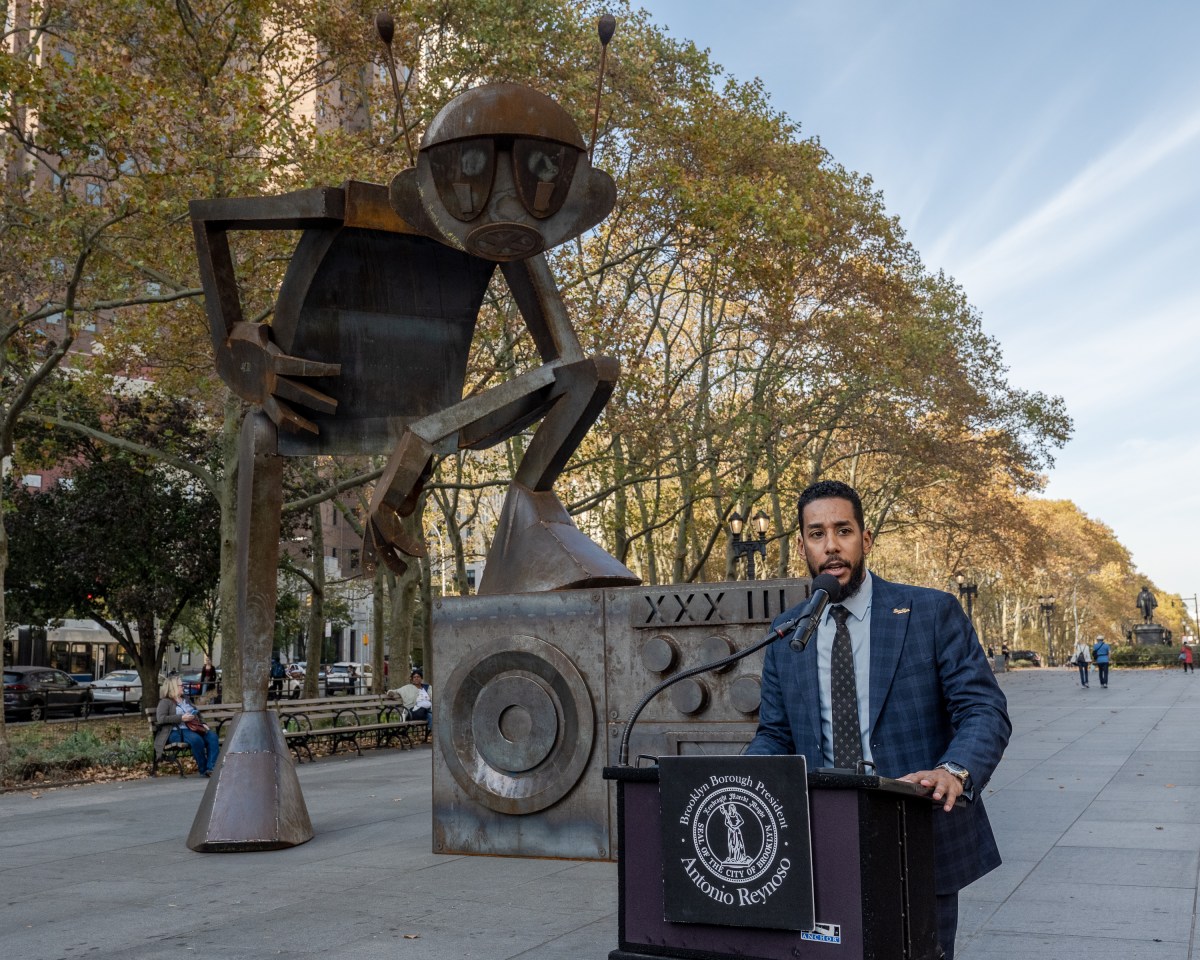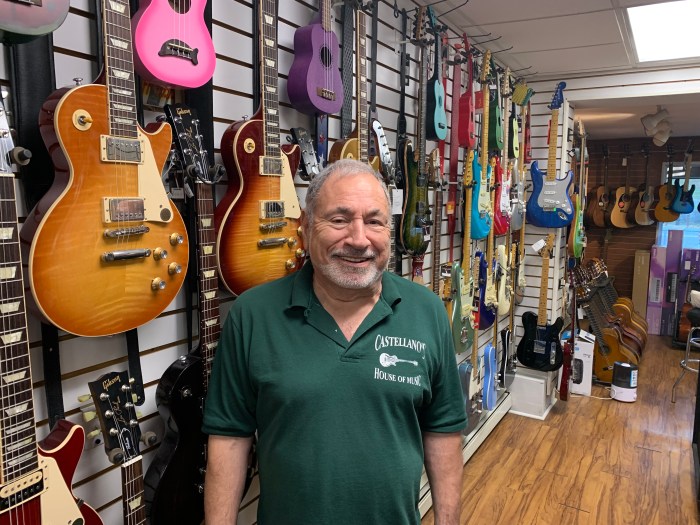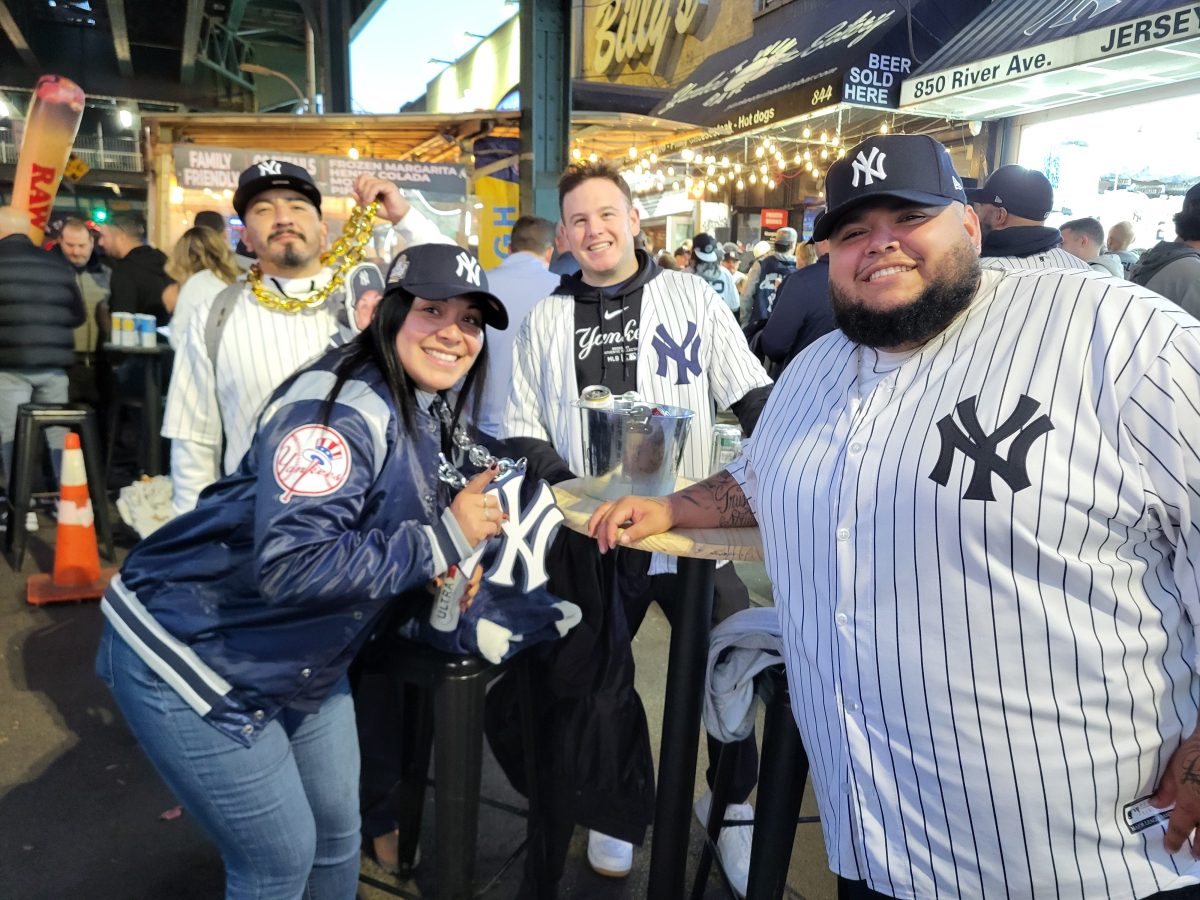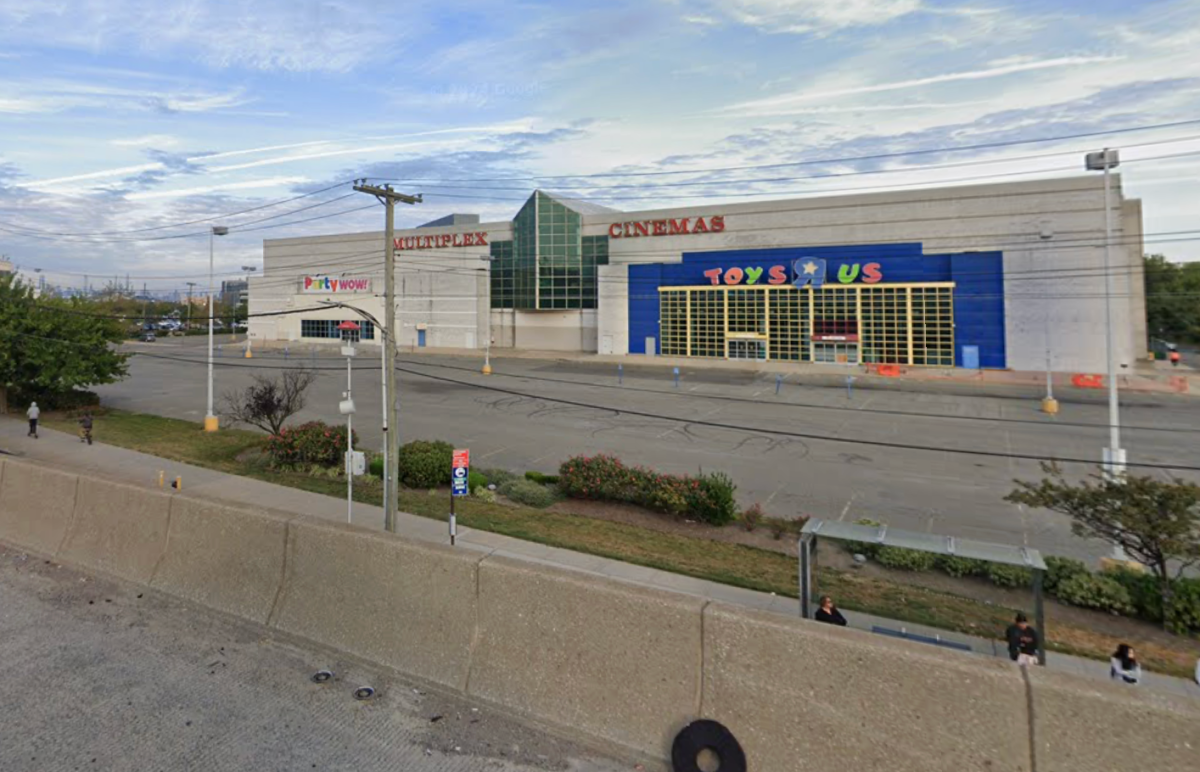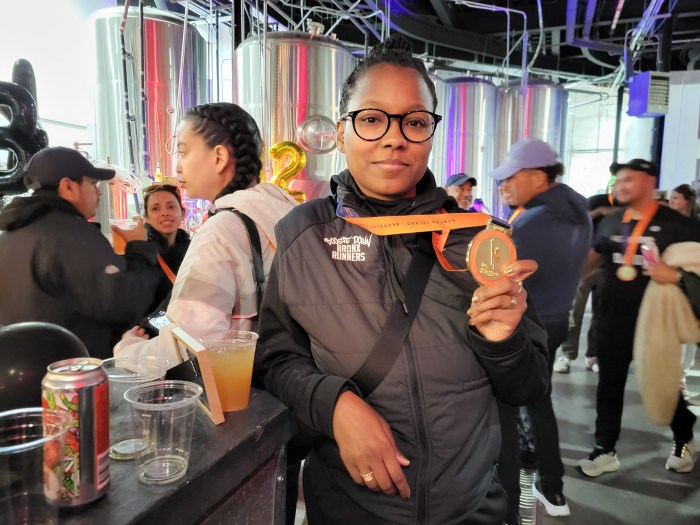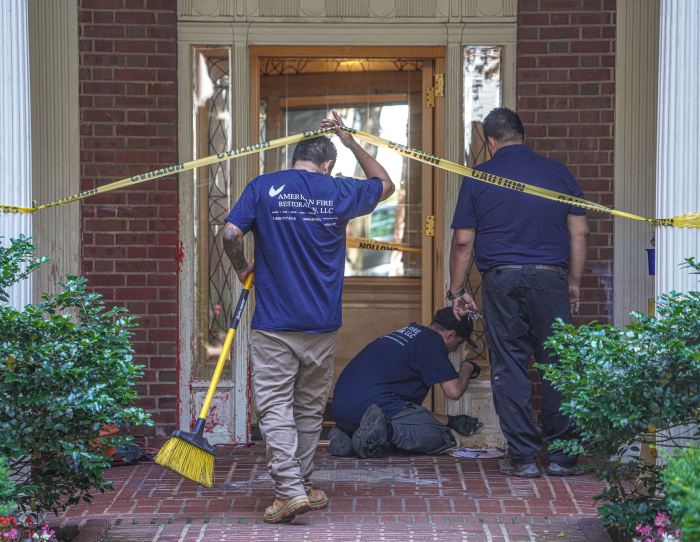Benjamin Dyett is revolutionizing the workplace. He started out as a real estate lawyer, first at a firm and then at a real estate investment company he founded. After he sold his firm in early 2000 and went on to do consulting and other entrepreneurial work, Dyett, 53, realized how hard it is to get business done without an office to work out of. In July 2011, he and some friends founded Grind, a collaborative workspace. Grind now has two locations in the city, at 1412 Broadway and 419 Park Ave. S. Among its accomplishments, Grind currently boasts 40% female membership. Dyett lives in Cobble Hill with his wife, daughter and their dog.
Why did you switch careers?
I left real estate law mainly because I was never enamored with the real estate life. I was always more of an entrepreneur than I was a law firm person. And I took a slow evolutionary road to following my true passion, which is working for myself and developing my own projects and ideas along my lines of interest.
How did you get the idea for Grind?
The idea was one that grew out of necessity. Once I sold the company I was left to find my own way in the work world and I was an entrepreneur and I was doing a lot of consulting work for my old clients and I didn’t have a decent place to work where I could develop my own professional brand. I was working from home and I was working from coffee shops and I was working from friends’ houses and I had a lot of high-end clients and they weren’t clients who were thrilled to meet me in Starbucks. So from time to time I would rent executive offices. I needed a place, and most of my partners, we needed a place where we could work in a real professional environment, where we could get the support from the people around us and share support when we need it, which is the premise of Grind and the core of Grind.
What was an unexpected challenge in launching the business?
I thought that building and maintaining the community that is necessary for the special sauce of Grind would be easier than it actually is. In some ways I have the best job in the world and in some ways I have the worst. I get to sit in a room with 100 entrepreneurs every day and it’s amazing to sit with their enthusiasm and their energy and their passion, but it’s also exhausting to sit in a room with 100 people who are energetic and enthusiastic and passionate. It’s a blessing and a curse.
What are the Grind offices like?
[They] are basically open-plan communities. While we have plenty of private space to have a private conversation, we don’t have private offices at Grind or assigned seating. We do accept large teams and we do have private rooms for them because they have disruptive activities like large conference calls and meetings. We’re an open-plan community where our members share space and share expertise. You show up at Grind every day and instead of going to your assigned seat you sit next to someone new every day; you make a new friend and create a new resource for your business.
What if people need quiet?
First of all, you set out rules and expectations on how the space is used, but then you also provide people areas to do those things that are disruptive to others. We have phone booths at Grind, we have two-person chat rooms where u can do a Skype call or have a meeting with one of your team members. You design your environment to fit the expected use. Grind is a private, members-only workspace. You have to apply or be recommended by one of our existing members, be brought in for a tour or an interview. Our team is very good at engaging who would be a good member or who would be a disruptive member and also imparting the expectations of the space.
Why do you think these kinds of work spaces are so popular nowadays?
The cost of actually having a space is lower if you’re sharing that space with people. It’s tough to work at home by yourself, it’s distracting, it’s lonely, it’s hard to stay focused, it’s hard to stay motivated. When you’re in a room with a bunch of people who are driven and motivated it can be inspirational, it can make you more productive. The main reason is that you can do better work when you have expertise at your fingertips that you don’t necessarily have but may need. So if you’re an art director and you’re working at Grind and you need a copywriter, if you’re sitting at home you don’t have a copywriter available. They come to that space to give and take.
Can people pay each other at Grind?
Absolutely. We don’t get involved in that other than making introductions. There are many times when people come to use and say, ‘Hey I need help in this area, who can help us with this?” and we point them in the right direction. But we stay out of the details. We’re the Match.com of the workspace.
Looking back, do you wish you had gone into this originally?
Every journey is important. My last career so prepared me for the business side. I was a real estate lawyer, managed buildings and portfolios, and a large part of this business is managing real estate. Real estate is the largest line item expense but it’s not what drives this business. My personality and my life experience filled in the other half which is managing people, bringing people together, making connections, understanding what people want and need in their professional lives.
Do you have any plans for expansion or anything else in the future?
We are very much looking forward to expanding, we have three locations now. We’re looking to open more locations in New York right now because our spaces in New York are pretty much full so we need more capacity in New York City. But we’re also looking into Washington, D.C., looking into possibly Seattle and other major cities across the country. But that’s the real estate side of it; we’re also expanding the types of memberships that we offer. One unserved niche that we discovered are those people who have full-time jobs during the day but also have a passion project on the side. So we recently rolled out what we call the moonlighter program which is a special membership at a reduced price for those people to come in after from 5 p.m. to midnight, Monday [and] Thursday, and all day on Friday and all day on Saturday.
Do you have any advice for readers who are considering a career 180?
Take the time to plan carefully, as you should with anything, and the choice of workspace is an important item on the list of things you need to plan for [if you are starting a business].





